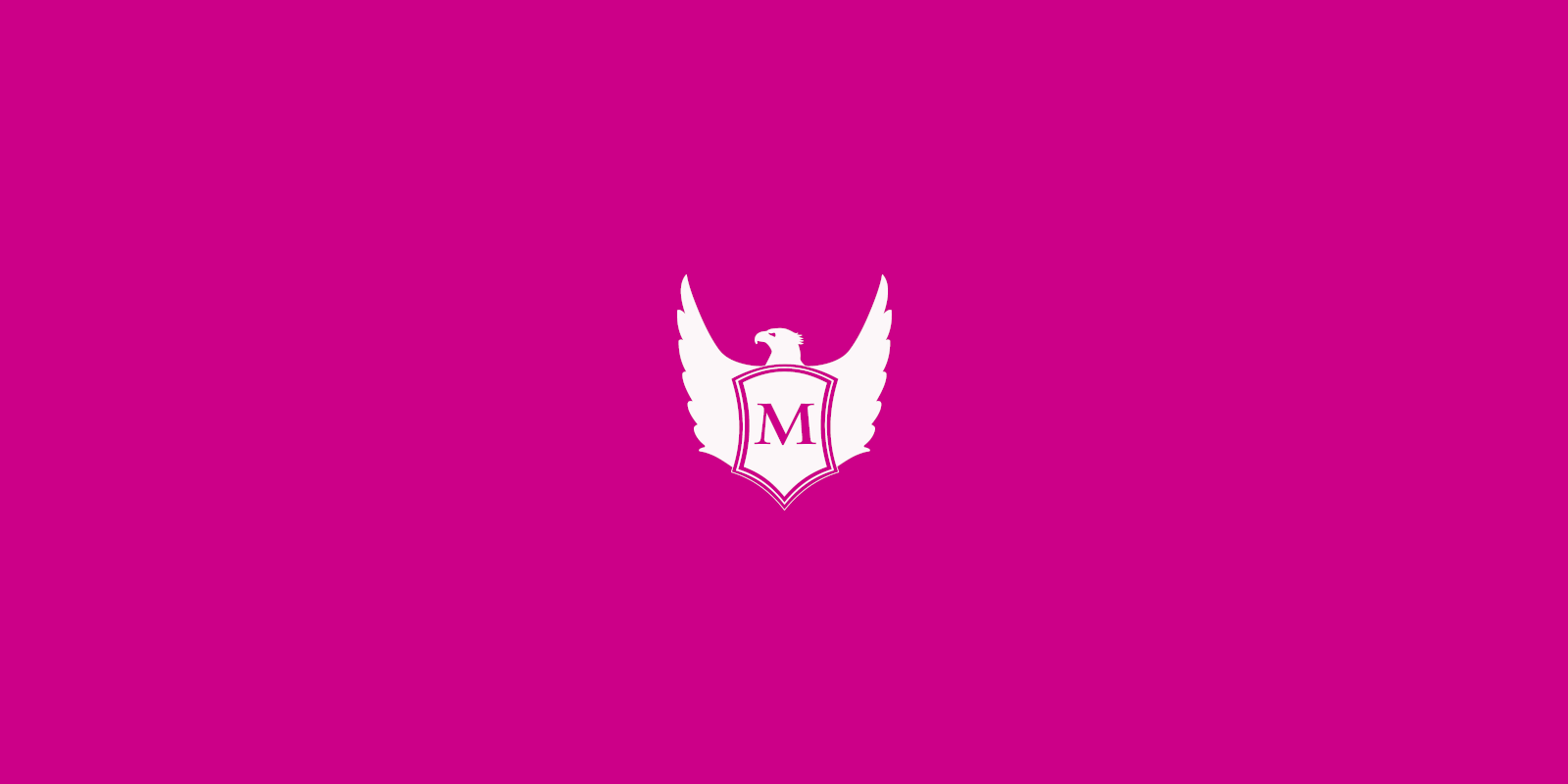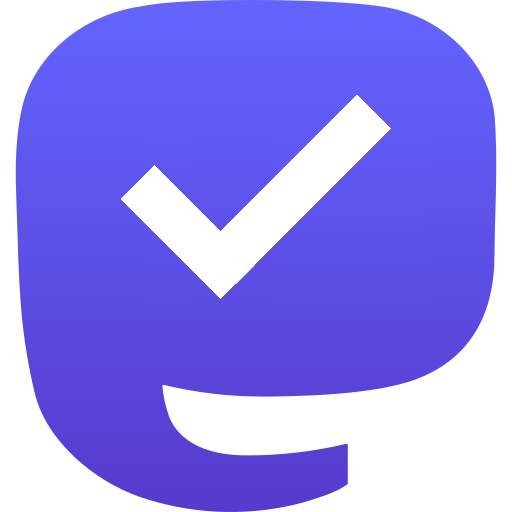The original #LISP had 7 primitives: \(\texttt{cons}\), \(\texttt{car,}\) \(\texttt{cdr}\), \(\texttt{atom}\), \(\texttt{quote}\), \(\texttt{eq}\), and \(\texttt{cond}\). And the original #Smalltalk syntax could fit on a 5×7 card. That meant a novice could learn the syntax in a matter of minutes, and direct all his efforts to learning how properly to wield the power of that Turing-complete language. This was why, in the 1970s and the 1980s, many college freshmen were taught FP in Scheme (a more modern LISP) and many middle school children were taught OO in Smalltalk. These were surely the best "first" #programming languages.
#FORTRAN and #BASIC were simple, too. FORTRAN, the first high-level language, has been in continuous use since the late 1950s by engineers, who are not keyboard warriors. BASIC was invented in the early 1960s for teaching programming to non-STEM students at Dartmouth. It sired a whole generation of self-taught children in the 1980s.
Compare those to C++, Erlang, Python, Haskell, Java, JavaScript, Scala, Rust, Kotlin, and pretty much every language in popular use today. Most consider Python and JavaScript to be the simplest of modern languages. Yet, they are massive, complex languages. No 10-year-old could teach himself those, nor should he.
The original versions of those classic languages cannot be used to solve modern problems. But they should still be taught to youngsters as their first language. Throwing in the kids' faces a modern enterprise language confuses them and discourages them. Consequently, many novices never attain that state of flow, when the joy of programming gushes forth.
#Simplicity is a virtue. Self-motivated learning is virtuous.







